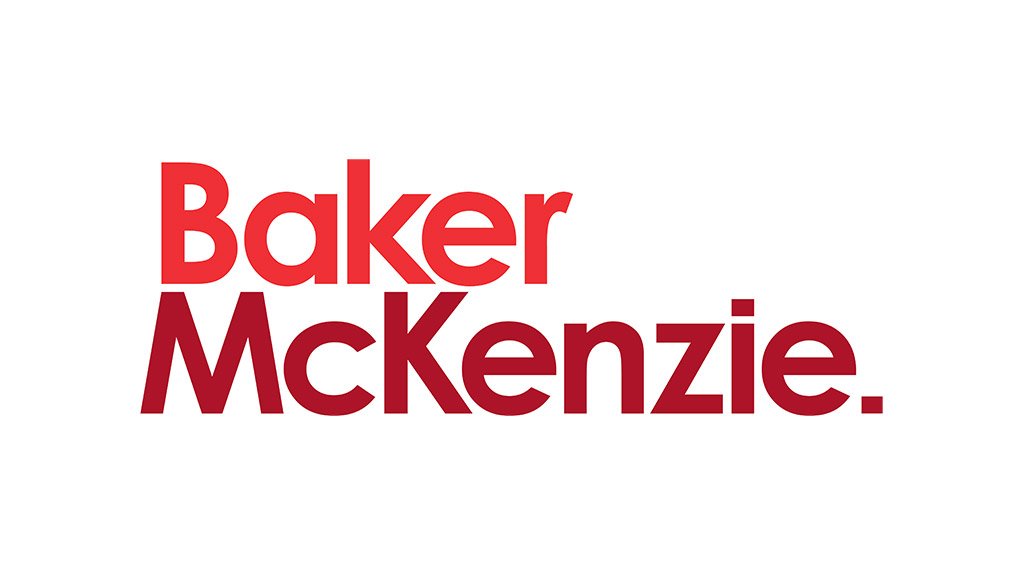On 17 May 2018, the Constitutional Court of the Republic of South Africa (CC) delivered judgment in the matter of Rustenburg Platinum Mine v SAEWA obo Meyer Bester and Others [2018] ZACC 13, where it was required to determine whether an employer acted fairly in dismissing a white employee for referring to a black employee as a "swart man".
Meyer Bester (Bester) was an employer of Rustenburg Platinum Mine (Mine). The Mine assigned specific parking spaces to its employees. The Mine's chief safety officer, Ben Sedumedi (Sedumedi) allocated a parking bay to Bester and the adjacent parking bay to Solly Tlhomelang (Tlhomelang). Tlhomelang was an employee of a sub-contractor in the Mine.
Bester had issues with the adjacent parking bay being assigned to Tlhomelang as Tlhomelang 's car limited his reversing space. He decided to raise this issue with Sedumedi, which he did several times however, without success. On 24 April 2013, Bester approached Sedumedi, who was in a safety meeting with several other employees. He pointed his finger at Sedumedi and said in an aggressive manner that Sedumedi must "veryder daardie swart man se voertuig" (remove the black man's vehicle), otherwise he would take the matter up with management. Bester denied this altercation and claimed that he never uttered the words ''swart man''. Bester was suspended and a disciplinary hearing was held where Bester was found to have (i) committed insubordination for disrupting a safety meeting and (ii) made racial remarks by referring to an employee as a ''swart man''. The Mine dismissed Bester.
Bester referred an alleged unfair dismissal dispute to the Commission for Conciliation, Mediation and Arbitration (CCMA). In arbitration, the Commissioner ruled that the dismissal of Bester was both procedurally and substantively unfair on the basis that Bester's use of the term 'swart man' was to identify the person who was parked adjacent to him and thus not derogatory.
The Mine applied to the Labour Court (LC) to have the decision reviewed and set aside. The LC found that there was no conceivable reason why race could justifiably serve as an identifier. Furthermore, Bester had approached Sedumedi who was in a meeting, and in a loud voice demanded that Sedumedi remove the ''swart man's'' car from next to his. In that context, Bester's reference to a 'swart man' was derogatory and racist. The LC set aside the Commissioner's decision.
Bester took the decision on appeal to the Labour Appeal Court (LAC). On appeal, the LAC stated that an objective test must be used to determine whether the use of the words ''swart man'' was derogatory or abusive. The LAC went on to say that when applying this test, the context in which the words were uttered must also be taken into consideration, when making such a determination. The LAC held that the LC erred by adopting a subjective test in determining the effect of the words "swart man" on the other employees. Thus, the LAC found that Bester used the words to identify Tlhomelang, without the intention to denigrate him and held Bester's dismissal to be procedurally and substantively unfair.
The Mine then applied to the CC for leave to appeal the decision of the LAC. The issues that the CC had to determine were (i) whether referring to another employee as a "swart man" was racist and derogatory, (ii) whether the Commissioner's decision that the use of the term was not racist or derogatory was unreasonable, and (iii) whether a dismissal was an appropriate sanction in these circumstances.
The CC agreed with the LAC that the correct test to be applied was an objective one, which is "whether a reasonable, objective and informed person would, on the correct facts, perceive the remark to be racist or derogatory".
The CC found that the LAC incorrectly applied the test by sanitizing the context in which the words were used and failed to take into account the totality of the circumstances, and thus failed to deal with the dispute in an impartial manner. It found that the LAC, in assuming that some phrases can be presumed to be neutral or acceptable, ignored the impact of the legacy of apartheid and that such a starting point would skew the objective enquiry. Furthermore, the court said that it cannot be correct to ignore the past of institutionalized racism from the presumption that "the context is neutral." The CC held further that racism in the workplace could not be tolerated, and took into consideration a memorandum that was distributed to the Mine's employees that stated that such behavior would not be tolerated in the workplace. Thus, the CC upheld the LC's decision and found dismissal to be an appropriate sanction.
This case furthers the narrative of the CC in The South African Revenue Services v Commission for Conciliation, Mediation and Arbitration and others [2016] ZACC 38, where it was held that there should be no neutralization of racism and that courts must take a firm and unapologetic approach to fulfill their constitutional obligation and to eradicate racism and its tendencies.
As such, employers should not be afraid to take a hardline on racist overtures.
Written by Lauren Salt, Senior Associate and Tiisetso Rabolao, Candidate Attorney, Employment & Compensation Practice, Baker McKenzie Johannesburg
EMAIL THIS ARTICLE SAVE THIS ARTICLE ARTICLE ENQUIRY
To subscribe email subscriptions@creamermedia.co.za or click here
To advertise email advertising@creamermedia.co.za or click here











